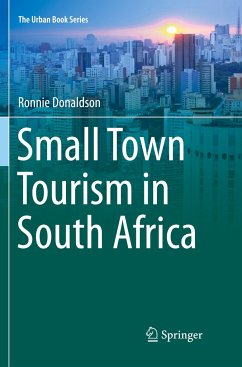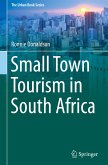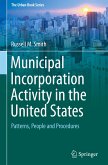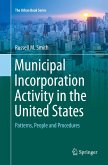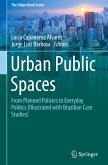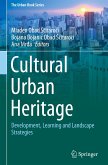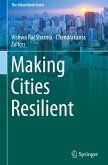This book investigates small town tourism development in South Africa taking into account the most common strategies: branding, promotion, festivals and theming. The contents of the book resonate with the intersection of the power elite and their impacts on small town tourism.
Because the book focuses on small town geographies in South Africa, the literature on small town tourism in the country is reviewed in Chapter 2 to provide a contextual background. Each subsequent chapter begins with an overview of international literature to give the conceptual context of the case studies each chapter explores. In Chapter 3 the concept of small town tourism branding is illustrated by an exploration of the Richmond book town. In Chapter 4 the branding theme is probed further in an investigation of two winners of the Kwêla Town of the Year competition namely Fouriesburg and De Rust. Chapter 5 documents the branding of Sedgefield through its proclamation as Africa's first Cittaslow (slowtown), a process driven by the local power elite to the exclusion of town's poor who have no understanding of the intentions of the Cittaslow movement and its potential benefits for the town. Chapter 6 is a case study of Greyton's tourism-led rural gentrification by which a small town has transformed in three decades to become a sought after place of residence for elite inmigrants so making the town a jewel tourism destination while reinforcing racial segregation. Because festivals and events - creations of the wealthy - have made significant financial contributions to small towns, Chapter 7 considers festivals and events as strategies to market and brand small towns in a particular way. Case studies of the economic impacts of festivals on small towns are assessed and the assessment methodologies used are critiqued. Chapter 8 provides a synthesis by drawing on the thesis of the urban growth machine by power elites.
Hinweis: Dieser Artikel kann nur an eine deutsche Lieferadresse ausgeliefert werden.
Because the book focuses on small town geographies in South Africa, the literature on small town tourism in the country is reviewed in Chapter 2 to provide a contextual background. Each subsequent chapter begins with an overview of international literature to give the conceptual context of the case studies each chapter explores. In Chapter 3 the concept of small town tourism branding is illustrated by an exploration of the Richmond book town. In Chapter 4 the branding theme is probed further in an investigation of two winners of the Kwêla Town of the Year competition namely Fouriesburg and De Rust. Chapter 5 documents the branding of Sedgefield through its proclamation as Africa's first Cittaslow (slowtown), a process driven by the local power elite to the exclusion of town's poor who have no understanding of the intentions of the Cittaslow movement and its potential benefits for the town. Chapter 6 is a case study of Greyton's tourism-led rural gentrification by which a small town has transformed in three decades to become a sought after place of residence for elite inmigrants so making the town a jewel tourism destination while reinforcing racial segregation. Because festivals and events - creations of the wealthy - have made significant financial contributions to small towns, Chapter 7 considers festivals and events as strategies to market and brand small towns in a particular way. Case studies of the economic impacts of festivals on small towns are assessed and the assessment methodologies used are critiqued. Chapter 8 provides a synthesis by drawing on the thesis of the urban growth machine by power elites.
Hinweis: Dieser Artikel kann nur an eine deutsche Lieferadresse ausgeliefert werden.

